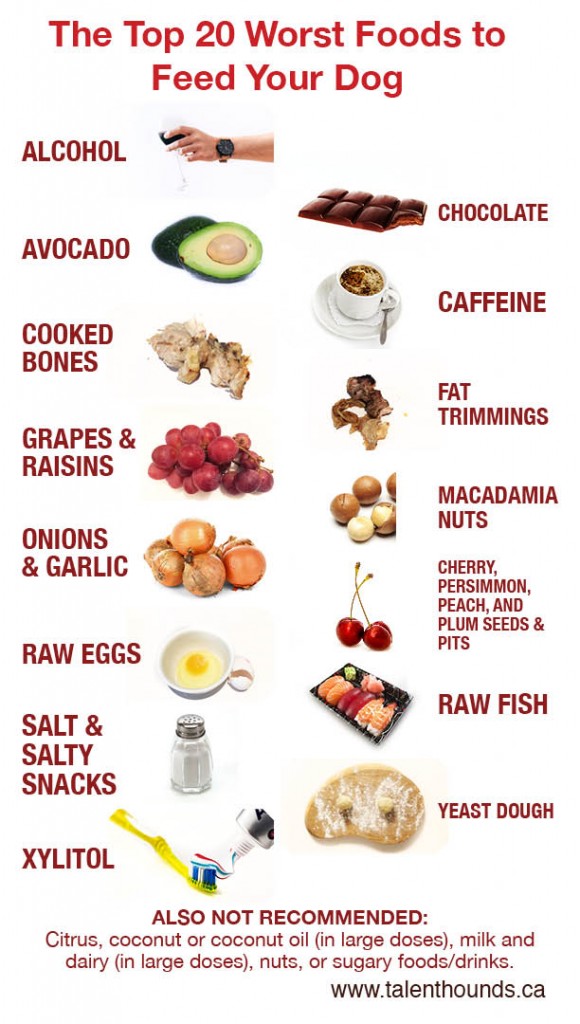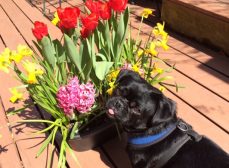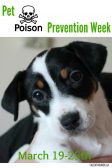“An ounce of prevention is worth a pound of cure.” -Benjamin Franklin
Franklin may have been referring to fire safety in this quote but it works for pet safety too. The third full week of March is Pet Poison Prevention Week . It is important to know what can be toxic to our furry friends and keep these products or plants out of reach.
We have had several incidents with Kilo as he is so resourceful and greedy. He can jump like a ninja and move furniture and open doors to get at food. He stole a tray of chocolate brownies early on and an onion quiche. We also had an incident where a child gave their family dog grapes at a party and where a house guest left chocolate out and her small dog ate some but luckily threw up immediately (on the white carpet). All very scary and messy but no lasting damage thank goodness because of fast responses.
The best quick resources you have at your disposal are of course your vet, as well as the Animal Poison Control via ASPCA and the Pet Poison Helpline website.
The 4 things you need to do if you believe your pet has been poisoned:
According to the Pet Poison Helpline:
- Evaluate – try to determine what has potentially poisoned your pet, how much they had and when they had it.
- Call the Pet Poison Hotline or your vet, or the ASPCA Poison Control.
- Do not give anything to induce vomiting or otherwise, unless instructed.
- Get to the vet. (this could be #2 if more convenient and your vet office is open).
THE NUMBER 1 THING WE SHOULD ALL DO IS PREVENTION!

Check out our useful infographic and Talent Hounds articles on what 20 Foods You Should Never Share with Your Dog. Some of them I was not aware of the dangers. We also covered lots of Poisonous Plants to Watch out For including poinsettias and others in my garden I had no idea about.

We’ve also made a helpful video about What to do if your dog eats Chocolate, and Carob, the chocolate substitute that is safe (and healthy!) for both you and your dog!
You can check out the story of what happened when Kilo the Pug stole the Onions.
In keeping prevention in mind you can also check out these articles on 3 Common Winter Threats to your pet’s safety and why Wearing Clothes and Shoes and Lifejackets aren’t just a fashion statement. Turns out winter ice-melt chemicals can be poisonous as can other household cleaning items and solvents. So can the liquids around the base of Christmas trees and things like gorilla glue in toys or other products. Human medications are another thing to be very careful about.
Human medications are another thing to be very careful about keeping out of your pet’s reach as many can be very dangerous even in a single dose. Never give any medications or supplements to your dog without consulting your vet.


Leave a Reply